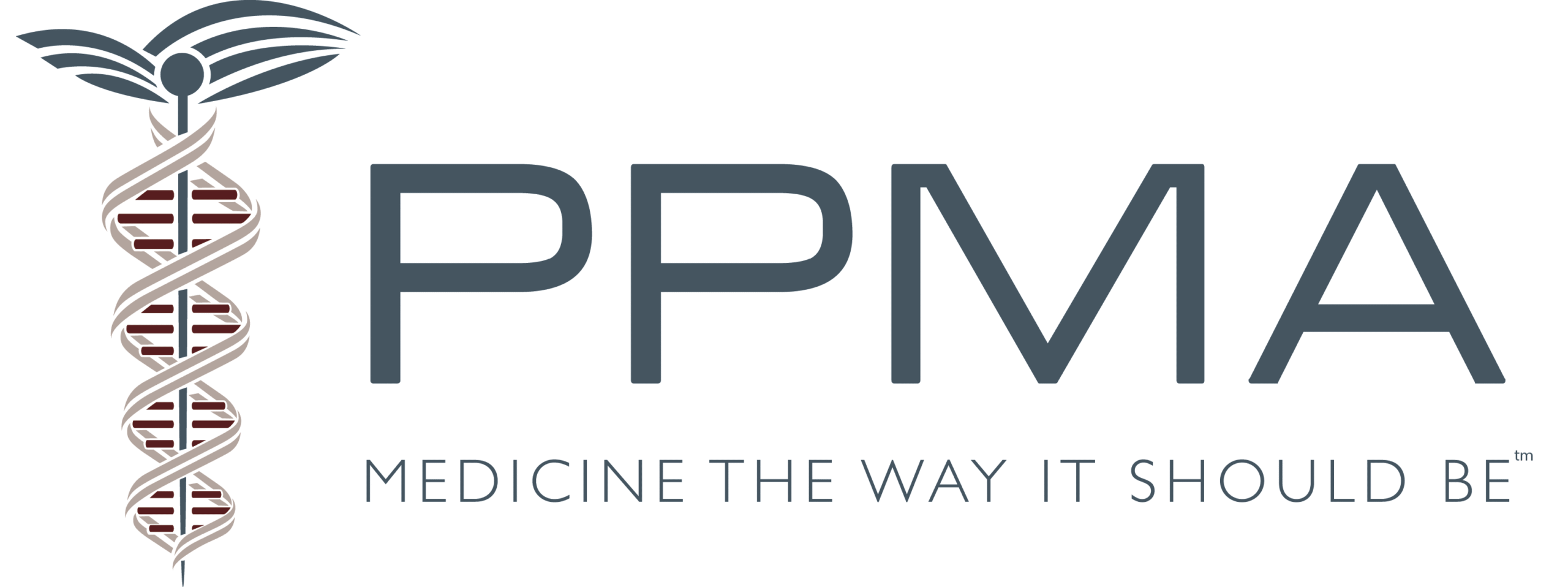Pro Tips for Preserving Your Gut Bacteria During Antibiotics
 Antibiotics and Gut Health – If you’ve recently been prescribed antibiotics, you might be concerned about their impact on your gut health. Antibiotics are essential for fighting bacterial infections, but they can also disrupt the balance of good bacteria in your gut, leading to side effects like diarrhea and other gastrointestinal issues. Read on to learn about antibiotics and gut health.
Antibiotics and Gut Health – If you’ve recently been prescribed antibiotics, you might be concerned about their impact on your gut health. Antibiotics are essential for fighting bacterial infections, but they can also disrupt the balance of good bacteria in your gut, leading to side effects like diarrhea and other gastrointestinal issues. Read on to learn about antibiotics and gut health.
Take Probiotics
Probiotics are beneficial bacteria that can help restore the balance in your gut. While it’s best to take probiotics a few hours before or after your antibiotic dose to avoid interference, they can help replenish the good bacteria that antibiotics may have killed
Eat Prebiotic Foods
 Prebiotic foods are rich in fiber and help feed the good bacteria in your gut. Include plenty of fresh vegetables, leafy greens, legumes, nuts, and fruits in your diet. Fermented foods like yogurt, kefir, kombucha, pickles, miso, and sauerkraut are also great choices.
Prebiotic foods are rich in fiber and help feed the good bacteria in your gut. Include plenty of fresh vegetables, leafy greens, legumes, nuts, and fruits in your diet. Fermented foods like yogurt, kefir, kombucha, pickles, miso, and sauerkraut are also great choices.
Stay Hydrated
Drinking plenty of water helps maintain overall gut health and can aid in flushing out toxins from your system.
Avoid Unnecessary Antibiotics
Only take antibiotics when prescribed by a healthcare professional for bacterial infections. Overuse of antibiotics can lead to antibiotic resistance and further disrupt your gut microbiome.
 Consider a Post-Antibiotic Diet
Consider a Post-Antibiotic Diet
After completing your antibiotic course, focus on a diet rich in fiber and fermented foods to help rebuild your gut microbiome. Avoid processed foods and sugars that can negatively impact your gut health.
Consult Your Healthcare Provider
“It’s important to emphasize the fiber conversation as these are the food sources for these different microbial species,” said Romana Brennan, a registered dietitian nutritionist with PPMA. “The more fiber-diverse the diet, the more diverse species you can feed.”
 Regarding probiotics, Romana commented, “There are so many different types of probiotics. Among those, we see that spore-based, yeast-based, and probiotics that are developed to survive through the acidity of the stomach are most helpful/effective to actually make a difference.”
Regarding probiotics, Romana commented, “There are so many different types of probiotics. Among those, we see that spore-based, yeast-based, and probiotics that are developed to survive through the acidity of the stomach are most helpful/effective to actually make a difference.”
Always talk to your doctor before starting any new supplements or making significant changes to your diet, especially if you have underlying health conditions.
By following these antibiotics and gut health tips, you can help minimize the impact of antibiotics on your gut health and support your body’s natural balance of good bacteria. Remember, your gut health is crucial for overall well-being, so taking steps to protect it is always a good idea.
For more on this topic, read the New York Times article “Antibiotics Can Mess With Your Gut. These Foods Can Help“
Learn how PPMA can help you achieve your optimum health!

 Consider a Post-Antibiotic Diet
Consider a Post-Antibiotic Diet